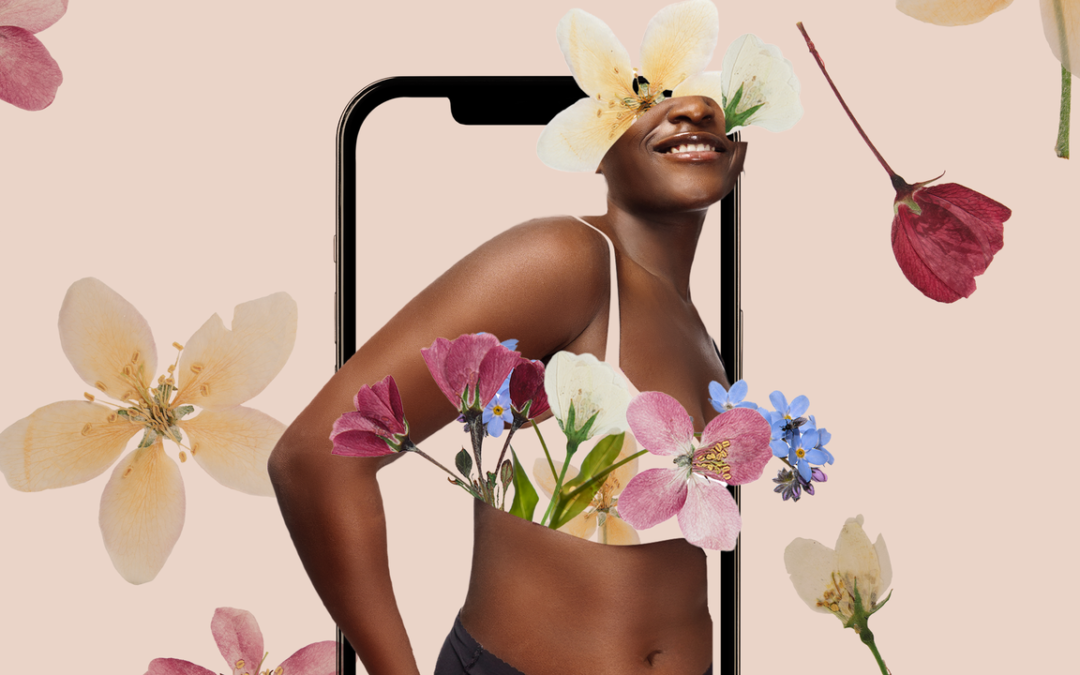Regardless of the patient’s reason for going through with the procedure, as plastic surgeons and mental health professionals will tell you, this post-op exhilaration that creators are celebrating on TiKTok is extremely common. In fact, breast reduction surgery “has the highest satisfaction rate of almost any surgical plastic surgery procedure,” Dr. Rednam tells Allure. This procedure allows people to improve their quality of life, as well as live in bodies that are congruent with their identities, says Evan Rieder, MD, a New York City-based doctor who is board-certified in both dermatology and psychiatry. New York City-based psychotherapist Alessandra Tantawi, M.Ed, LMSW, agrees, telling Allure that breast reductions provide people with the opportunity to take agency and have a sense of healthy control of their bodies.
Despite having a year-long recovery process ahead of them, reduction patients often start feeling that signature satisfaction almost instantaneously after waking up from the anesthesia. Dr. Rednam has witnessed countless patients shed tears of pure joy in the recovery room as they notice they can breathe easier than before and their chests no longer feel like someone permanently hung a barbell from their shoulders.
Adree Coleman, a 26-year-old content creator based in Houston, Texas, knows about this mind-body connection all too well. Prior to her breast reduction surgery in September 2022, she dreaded leaving the house, and the thought of getting dressed was agonizing. Clothes, a source of Coleman’s livelihood as a creator and a once creative outlet, became extremely uncomfortable to wear. “I went into a very deep depression,” Coleman shares. “I’m a fashion influencer, and I didn’t even want to get dressed. I didn’t want to do the things that my audience needed. I had created this facade of ‘I’m happy within my body and I’m okay with who I am’ when the reality was that I wasn’t.”
Now that she’s post-op, Coleman admits she’s a lot less hard on herself. The “aggressive” recovery process of going from a size I to C showed her she can survive more than she gives herself credit for. “I’m starting to get back into my fashion and doing things that I could never do before, like dance — even wearing seatbelts are so much easier now,” Coleman says.
Also disappointingly common: comments from others (strangers and loved ones, online and in real life) expressing disappointment that someone would choose to undergo breast reduction surgery — but for many, there is no other choice. People get breast reduction surgery for a wide range of physical and mental health-related reasons: to relieve chronic pain and discomfort, as a treatment for body dismorphic disorder (BDD), as gender affirming care, or simply to be able to feel more comfortable and less self conscious while moving around the world. Overall, life before the procedure can be “very traumatic,” says Rukmini Vinaya Rednam, MD, FACS, a board-certified plastic surgeon in Houston. “Most of these people live with chronic pain, and for some, their breasts have become their identity.”
Removing a Physical Burden
Seeking to improve her quality of life before surgery, Coleman began working out, hoping losing weight in her bust would help her feel more comfortable in her body. However, neither her cup size nor her pain — physical and mental — was minimized.

